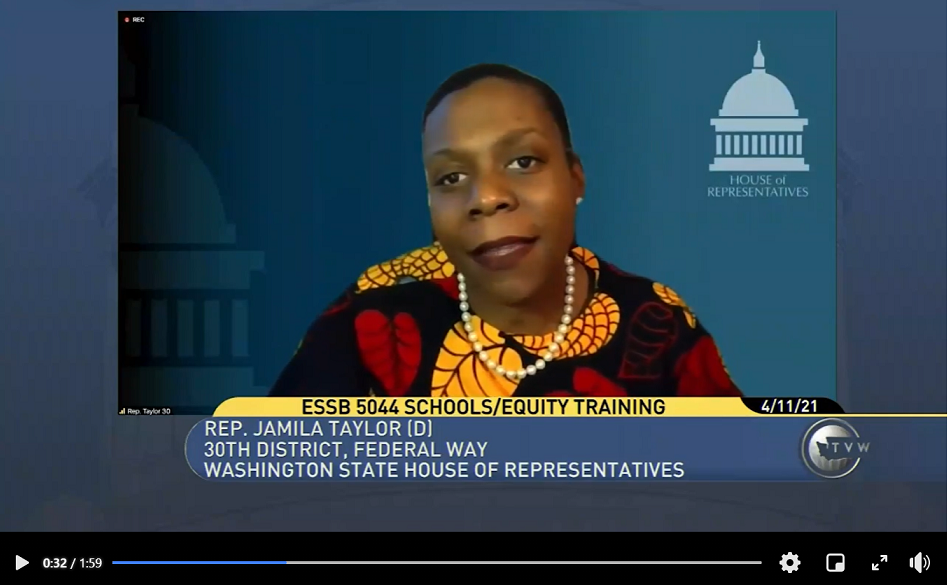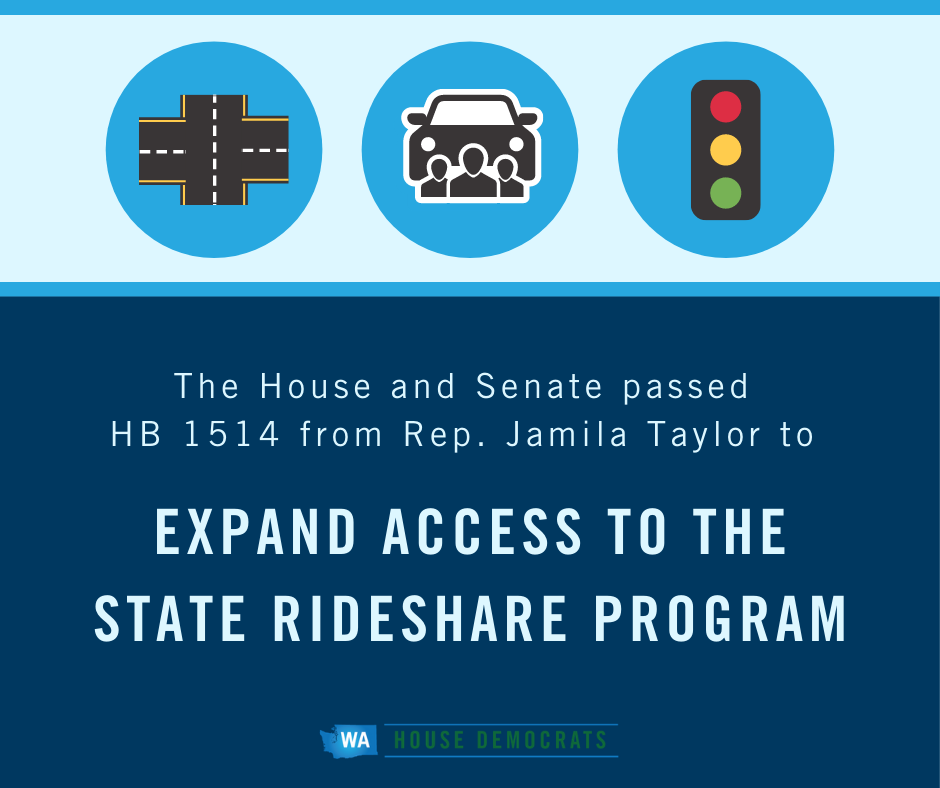Friends and neighbors,
This week is Black Maternal Health Week, a time for all of us to recognize and raise awareness about the systemic barriers that have caused Black women to be two to three times more likely to die from pregnancy-related causes than white women.
We must address racial disparities in maternal mortality by increasing access and options that meet all mothers’ needs, regardless of race, income or background. Everyone deserves access to quality, affordable health care before, during and after pregnancy. Here’s a look at some of the bills I’ve voted for to help tackle these disparities:
–HB 1272: Expands COVID-19 data reporting by requiring hospitals to report patients’ demographic information, which will help our state better identify and support affected communities. This data is one tool to help reduce racial inequities in health care.
–HB 1325: Sets up a partnership access line for primary care providers of pregnant and post-partum women with questions about behavioral health care.
–SB 5228: Requires the University of Washington and Washington State University schools of medicine to develop mandatory health equity training for students.
The House’s budget proposal also includes $31 million in grant funding for people who are uninsured or underinsured, including those who aren’t eligible for other health care because of their immigration status. It’s my hope that this will be in the final budget.
Ensuring teachers have access to anti-racism training
The House passed SB 5044 last weekend to ensure school staff have access to anti-racism training. I was proud to speak against an amendment that would have harmed this critical effort to give teachers the necessary tools to make all students feel welcome. Adults leading our schools must be prepared to educate every child and understand the dynamics our young people are facing as they come into the classroom every day.
If you have a few minutes, I encourage you to listen to some of the debate on this amendment. Many of my colleagues explained why it’s important for educators to have anti-racism training, and they shared deeply personal stories about how this amendment stands in the way of meeting every student’s needs. You can also watch my remarks here.

Getting folks off the streets and giving them treatment and care
Earlier this year, the state Supreme Court invalidated the state statute that criminalized the possession of drugs, saying it was unconstitutional (State v. Blake).
We must confront our past. There are thousands of people who were convicted under this unconstitutional statute. This requires resources to help conduct resentences and refund legal financial obligations. The Legislature is providing necessary funds for local governments to manage this process.
We must address the present challenges. Our response to the Blake ruling requires thoughtfulness, and must be done in a deliberative way. For the past month, I’ve been working as part of the House leadership team creating a statutory fix that ensures there is individual accountability AND resources our communities need to get people into treatment and keep our children safe.
Under SB 5476, the House proposal will impose a misdemeanor for possession of illegal drugs and provide opportunities for pre-arrest diversions. Selling and distributing remains illegal. The possession of drugs will no longer be a felony. Law enforcement, local leaders and experts have requested resources to redirect people with substance use disorder into community-based resources without entangling anyone with the courts as much as possible. However, if an individual does not engage in services, they could face a misdemeanor, and we support an evidence-based approach to pre-trial diversion services. Again, the goal is getting the person into services.
In addition, we have proposed immediate investments in resources in the substance use recovery continuum of care: recovery navigators, treatment and other recovery services. These tools are necessary for a person-centered approach to substance use recovery.
We must prepare for future full of hope. The response to Blake is an opportunity for people to be involved in solutions that fit the needs of our community. We know this immediate response in this legislative session will not be enough. Our investments in the community-based behavioral health system are woefully underfunded. I plan to convene many opportunities to listen to the community. I encourage you to share your thoughts, experiences and ideas as we continue to build new response to the war on drugs.
Bills for commuters and mobile and manufactured homeowners
With the last day of session approaching, we have been hard at work sending bills to the governor’s desk for his signature. One of those bills is my legislation to increase access to state carpool program by lowering participation requirements. This bill will help more people commute together, reducing congestion, lowing greenhouse gas emissions and saving commuters money, and I’m happy that it’s one step closer to becoming law.

Also this week, the governor signed a bill to expand relocation assistance for homeowners who live in manufactured or mobile home communities that are closing. Many of these homeowners have low or fixed incomes and are struggling to make ends meet due to the pandemic. Moving is stressful enough. This bill will help ensure homeowners have the support they need to relocate and find the best community for their family.
Thanks for reading! Please don’t hesitate to reach out at 360-786-7898 or Jamila.Taylor@leg.wa.gov. You can also follow me on Facebook for the latest.

Jamila Taylor
